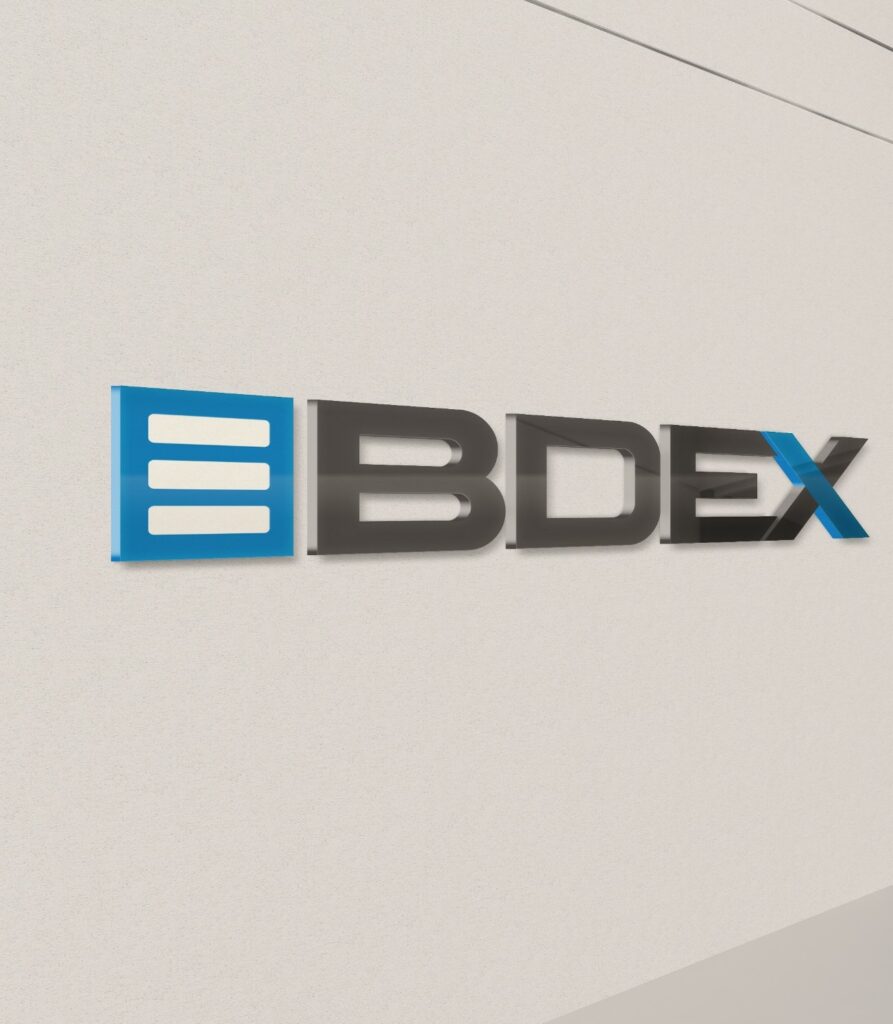Without accurate, up-to-date data, your personalization efforts won’t be effective.
Personalization continues to be a top priority in the marketing world, especially as nearly all communications have gone digital. There are more avenues than ever to connect with your audiences, whether on social media, websites, text messages, email, Google searches, and more.
According to research from Gartner, 27% of marketers think data is the biggest obstacle to successful personalization. Properly gathering, analyzing, and integrating data is a difficult task that stands in the way of truly connecting with customers on an individual level.
One-on-one connections require better data processes than most organizations have in place today. Without quality consumer data, personalization efforts won’t bring the engagement, response, or ROI you want to see. Here the three most important things about quality data that you need to consider when personalizing marketing messages.
1. Reaching the right person at the right time
Personalization simply won’t work if you use bad data. Instead of making a solid connection, all you’re doing is paying for an ad that isn’t going to get you anywhere. According to a survey conducted by Street Fight and Forbes, 48% of marketers cite data quality as a leading roadblock to achieving the personalization they’re going for.
When you use the wrong data, the time and energy you’ve already put into knowing your customers and tracking their behavior is useless, and the relationship with that customer may not recover from the missed opportunity.
Personalization depends on accurate and up-to-date data about location, browsing history, purchasing history, and demographics. If you have bad data in these categories, not only will you fail at personalization, but the assumptions you make about your customers won’t be accurate.
Modern consumers want brands to understand what drives them. Marketers will only understand their targets if the data they’re using is high quality. Quality data helps brands get to know the people behind the data, allowing them to act from empathy and a people-driven approach, rather than only from data signals.
2. Bringing together siloed data
Another issue that hinders personalization for marketers is the effort to bring together data from different sources, creating silos that are hard to align. Personalized messages and one-on-one connections require a consistent, accurate picture of the consumer built from all this data.
According to a survey from CompTIA, 35% of large companies that have extensive data resources still believe they are held back by issues with data silos.
Data silos occur when platforms aren’t working in tandem, like data warehouses and CRMs, or when data is being pulled from multiple sources. Data silos can easily create duplicate data or an infrastructure in which outdated data continues to be stored and used, polluting your attempts to connect with customers one-on-one.
The same Street Fight and Forbes research referenced above showed that over half of marketers are prioritizing data consolidation to create comprehensive profiles as a single source of truth for marketing efforts. In addition, 56% of companies are creating teams that are solely focused on personalization to ensure that different business functions are collaborating on data and that the best technologies are being used.
3. Using the right data platform
One of the most effective ways to ensure you’re using quality customer data is to use the right data platform. At BDEX, our Data as a Service platform, Omnisource IQ, helps you personalize messages using the most accurate information. You’ll be able to connect with shoppers who are ready to buy with real-time data signals.
Pair Omnisource IQ with the most comprehensive ID graph in the U.S. for all your marketing efforts. We ensure that you are able to connect with customers across all their channels in a real-time environment. BDEX filters through billions of signals, looking for signs that a consumer is close to making a purchase. Our ID Graph gives you insights across consumer channels, with over 800 million email MD5-MAID-IP matches.
What’s more, we never give you bad data. Our BDEX ID Check identifies and filters out inaccurate or outdated data from our platform, creating the highest quality ID graph in the market.
Our BDEX Data Exchange Platform (DXP) gives you access to more data than any other platform, helping you stay competitive. We track and collect real-time data from hundreds of sources. You’ll be able to view actionable insights that help you build an accurate story of customer behavior and interests. Instead of simply gathering data, learn more about the people you’re targeting with up-to-the-minute information.
Contact the BDEX team to learn more about how our data solutions give you the most accurate, up-to-date information to make better human connections.




